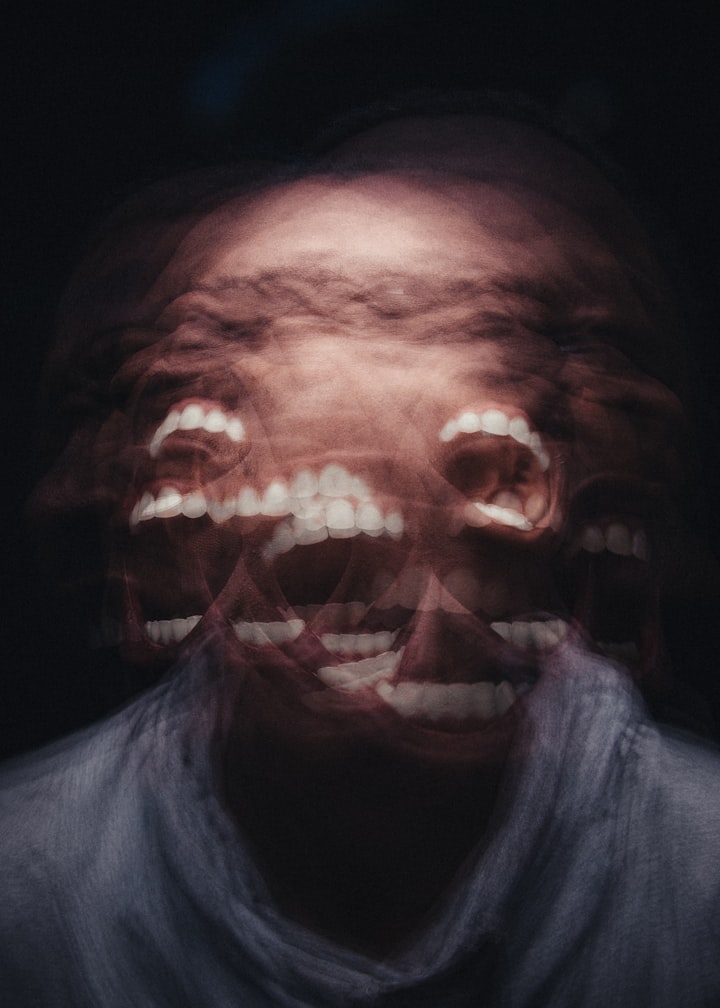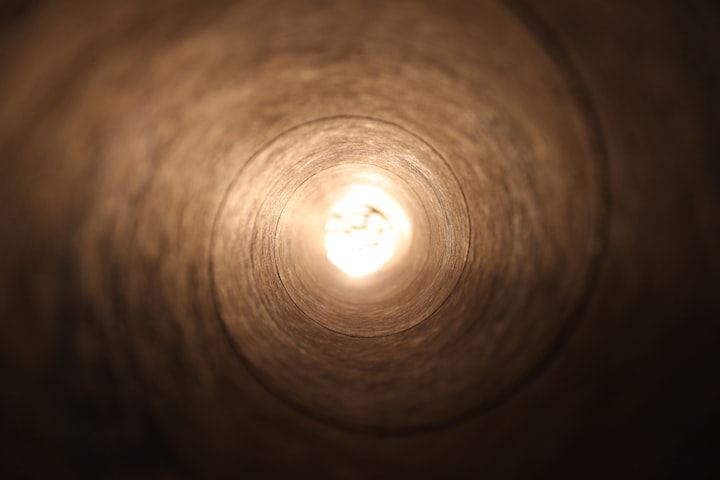Conquer PTSD: A Roadmap to Overcoming Trauma and Living a Fulfilled Life
PTSD and its consequences (Explained like a 5 year old)

Beware, for I speak of a soldier, named John, who had ventured into the abyss of war. He bore witness to unspeakable horrors that no mortal should ever have to endure. But when he returned home, the demons of his past followed him. They haunted his every step, whispering in his ear every night. He was consumed by the memories of what he had seen, unable to escape the terror that had taken root in his mind. He would often wake up screaming, covered in sweat, his heart pounding as if it would burst out of his chest. He avoided crowded places, for fear of being trapped, and he would lash out at anyone who got too close. But his fate, his ultimate descent into the abyss, remains shrouded in mystery. Some say he was consumed by his demons, others say he went mad, but all that is certain, is that he was never the same again. Beware, for the horrors of war can linger and claim even the strongest of minds.
~ Anonymous Soldier
PTSD is when something really bad happens to you and it makes you feel scared and upset all the time. It's like having a really bad dream that you can't wake up from. Some people with PTSD have bad memories that pop into their head like a surprise, it's like watching a scary movie over and over again. They might also want to stay away from people or places that remind them of the bad thing that happened. And some people with PTSD feel like they have to be extra careful all the time, like they're walking on eggshells, they might feel easily scared, angry or upset.
Causes of PTSD :
PTSD can be caused by a wide range of traumatic events, each one unique and personal. Some people may develop PTSD after experiencing a natural disaster, like a severe storm or an earthquake, which can leave them feeling powerless and out of control. Others may develop it after experiencing or witnessing violence, like war or sexual assault, which can leave deep emotional scars.
Imagine a puzzle, each piece representing a traumatic event. Some pieces are big and jagged, representing a violent experience, while others are small and smooth, representing a more subtle trauma. As the puzzle is put together, the pieces become interlocked, creating a complex picture of trauma and its impact on the mind. Some pieces may be more prominent, representing the most severe traumas, while others may be hidden, representing subtle or buried traumas. But all of them together create a unique picture that is specific to each individual, and they all can lead to the development of PTSD.
Symptoms of PTSD:
When something bad happens, like a scary accident or a fight, it can make your mind and body feel very upset. Some people might have nightmares about it or see pictures in their head that make them feel scared. They might also try to avoid things that remind them of the bad thing that happened, like not wanting to go to a place where it happened or not wanting to talk about it. Some people might also feel very jumpy and easily scared, like they're always on guard. But it's important to know that there are ways to feel better and there are people who can help, like doctors or therapists.
Consequences of PTSD:
When something really bad happens to you, it can make you feel upset and scared all the time. This is called PTSD. When you have PTSD, it can make it hard to do the things you used to enjoy and make it hard to be around people. It can make it hard to sleep, eat, and have fun. It can make you feel like you're stuck in a bad dream and you can't wake up. But it's important to know that there are ways to feel better and there are people who can help, like doctors or therapists. It's important to talk to someone you trust about how you feel and make a plan to feel better.
Dealing with PTSD:
Dealing with PTSD can be hard, but there are ways to make yourself feel better. It's important to talk to someone you trust, like a parent or a therapist, about what happened and how it makes you feel. They can help you make a plan to feel better. It's also helpful to do things that make you feel calm and happy like reading, drawing, playing with a pet, or going for a walk. Some people find it helpful to do things that remind them of good memories, like listening to their favorite music or looking at pictures of happy times. It's also important to take care of yourself by eating well, getting enough sleep, and exercising. Remember that healing takes time, and it's okay to have bad days. The most important thing is to keep working on feeling better and don't give up hope.
Conclusion:
In conclusion, PTSD is a serious condition that can be caused by a wide range of traumatic events. It's characterized by symptoms such as nightmares, flashbacks and avoidance behaviors that can greatly affect a person's daily life. But it's important to remember that recovery is possible with the right therapy and medication. Coping with PTSD can be challenging, but it's important to reach out for help, whether it be talking to a therapist, loved one, or a support group. Like a puzzle that needs to be put together, healing from PTSD can be a long and difficult process, but with patience and determination, the final picture can be beautiful.
Just like a phoenix rising from the ashes, a person can rise stronger than ever before.
- Riyan Immack
About the Creator
Riyan Immack
Mind Surgeon | Self-improvement expert | Psychology enthusiast | Helping you unlock your full potential | I am a master at understanding the mind and unlocking hidden potential






Comments
There are no comments for this story
Be the first to respond and start the conversation.